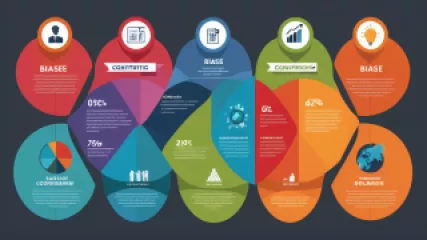How Virtual Grief Support Groups Helped One Woman Cope with Loss
for 1 år siden
Sorgstøtte
The Impact of Social Media on Modern Eating Habits
for 1 år siden
Spisevaner
The Ultimate Guide to Exploring Existential Questions
for 1 år siden
Eksistentielle Spørgsmål
Breaking Out of Your Shell: An Interview on Overcoming Shyness
for 1 år siden
Overvinde Generthed
Embracing Aging: A Reflection on Self-Esteem and Mental Health Coaching
for 1 år siden
Aldring og Selvværd
Building Strong Peer Relationships: A Step-by-Step Guide
for 1 år siden
Jævnaldrende Forhold
The Ultimate Guide to Boosting Self-Esteem as You Age
for 1 år siden
Aldring og Selvværd
Top 10 Emotional Well-Being Services for Overcoming Sadness
for 1 år siden
Overvinde Tristhed
Exploring Existential Questions: A Thought-Provoking Interview
for 1 år siden
Eksistentielle Spørgsmål
The Power of Behavioral Modification Sessions
for 1 år siden
Adfærdsændring
Inside the Mind of a Gambling Psychologist
for 1 år siden
Spillets Psykologi
Breaking Free: My Journey to Conquer Social Awkwardness
for 1 år siden
Overvinde Generthed
Overcoming Obstacles: My Journey to Behavioral Change
for 1 år siden
Adfærdsændring
Learning from Fiction: Understanding Emotional Disorders
for 1 år siden
Følelsesmæssige Forstyrrelser















